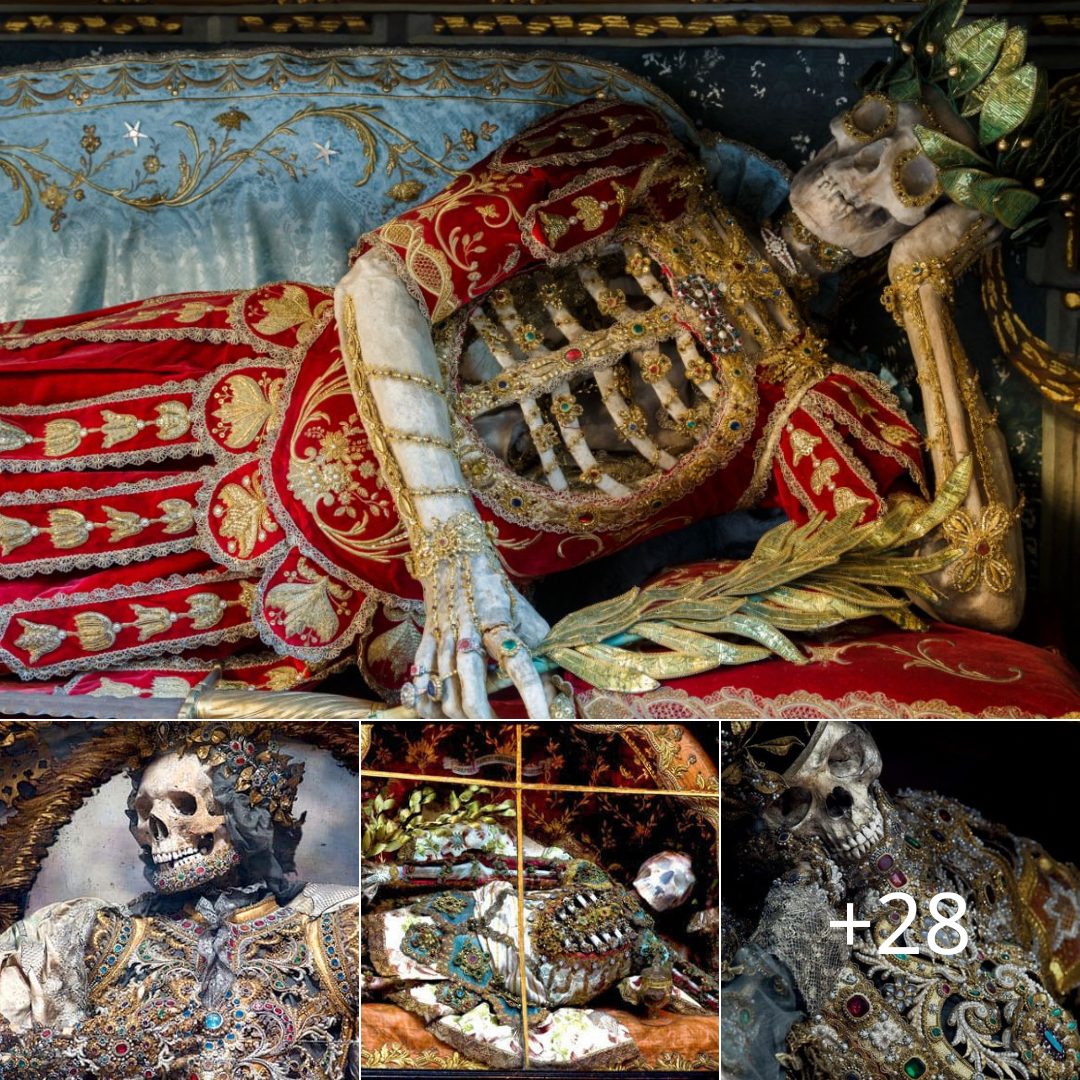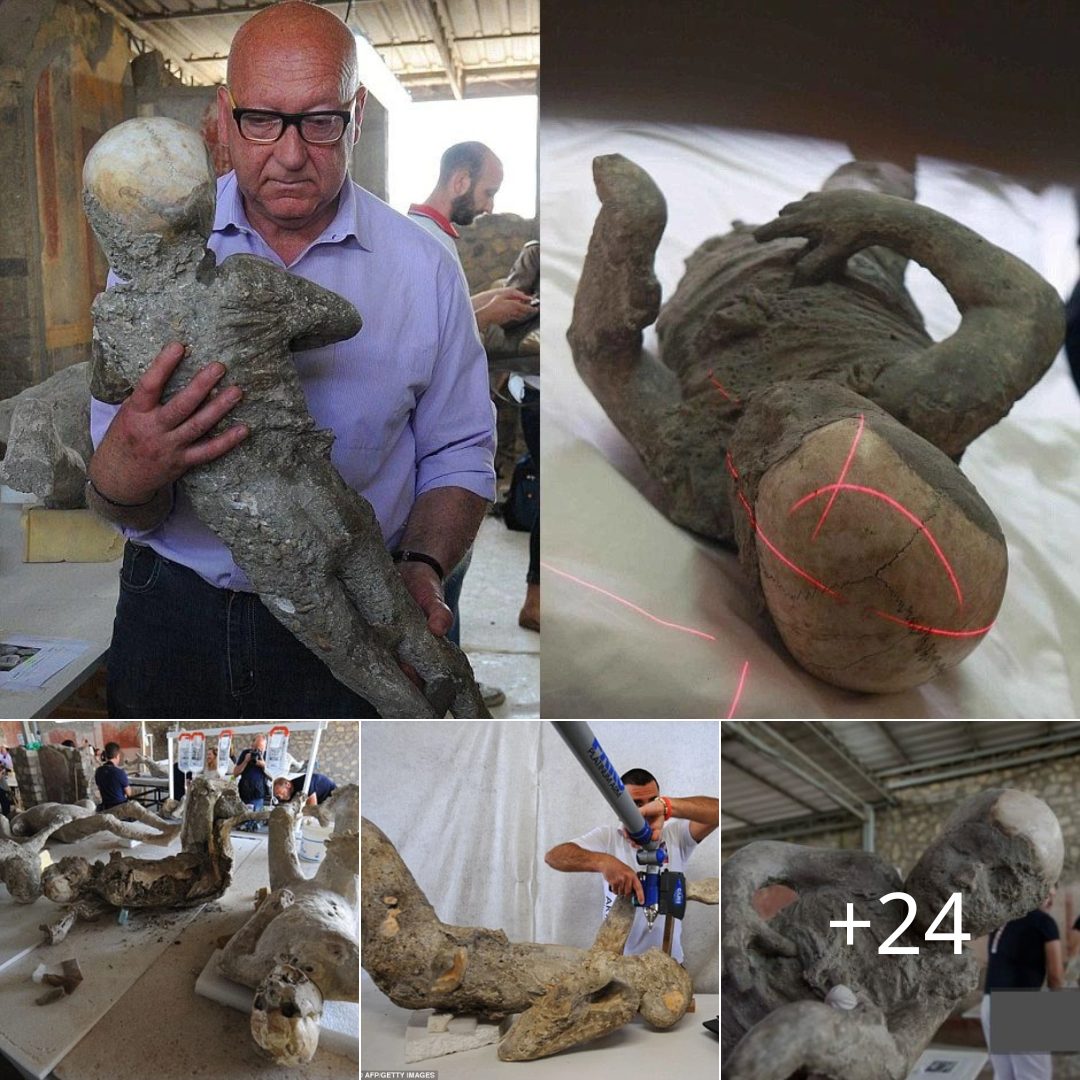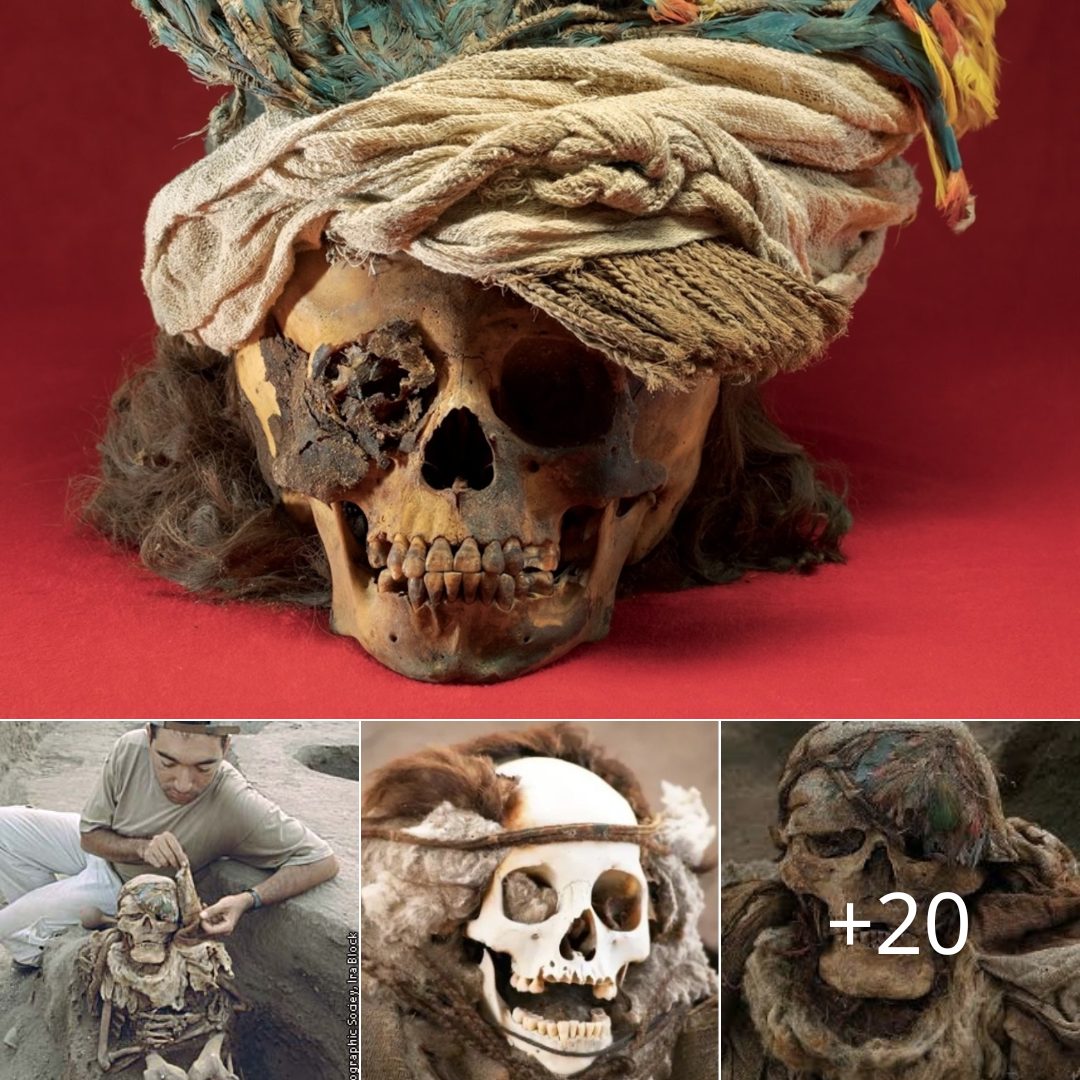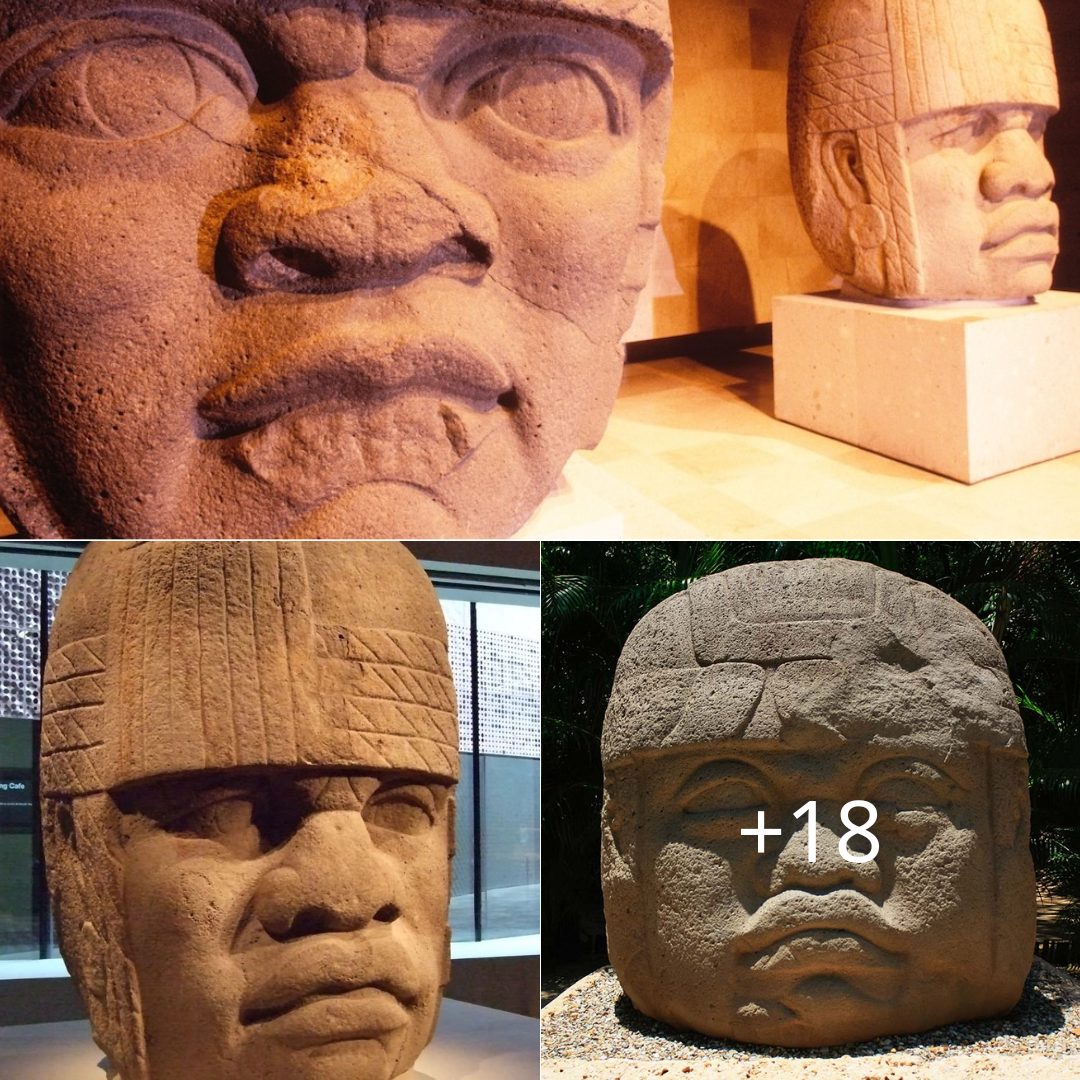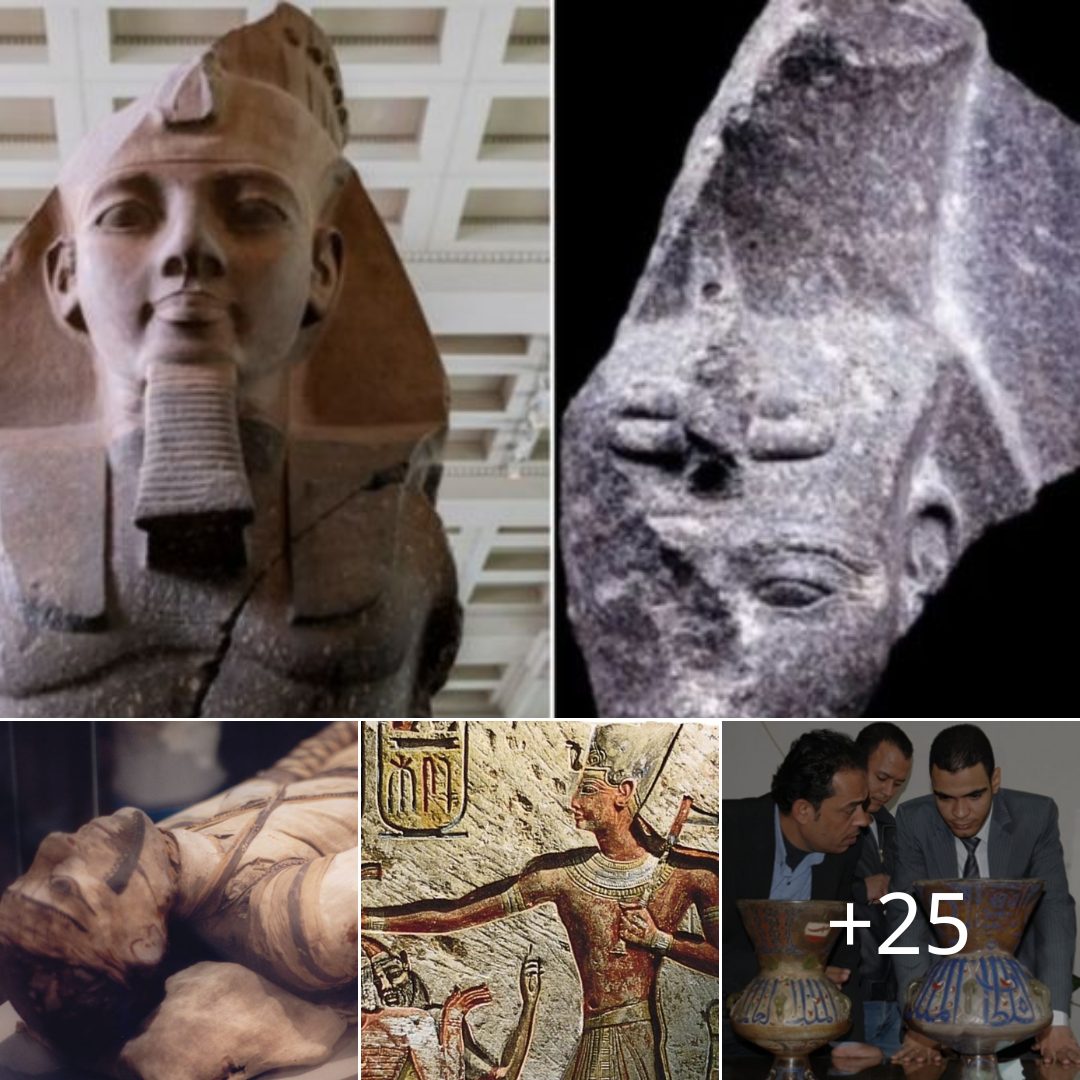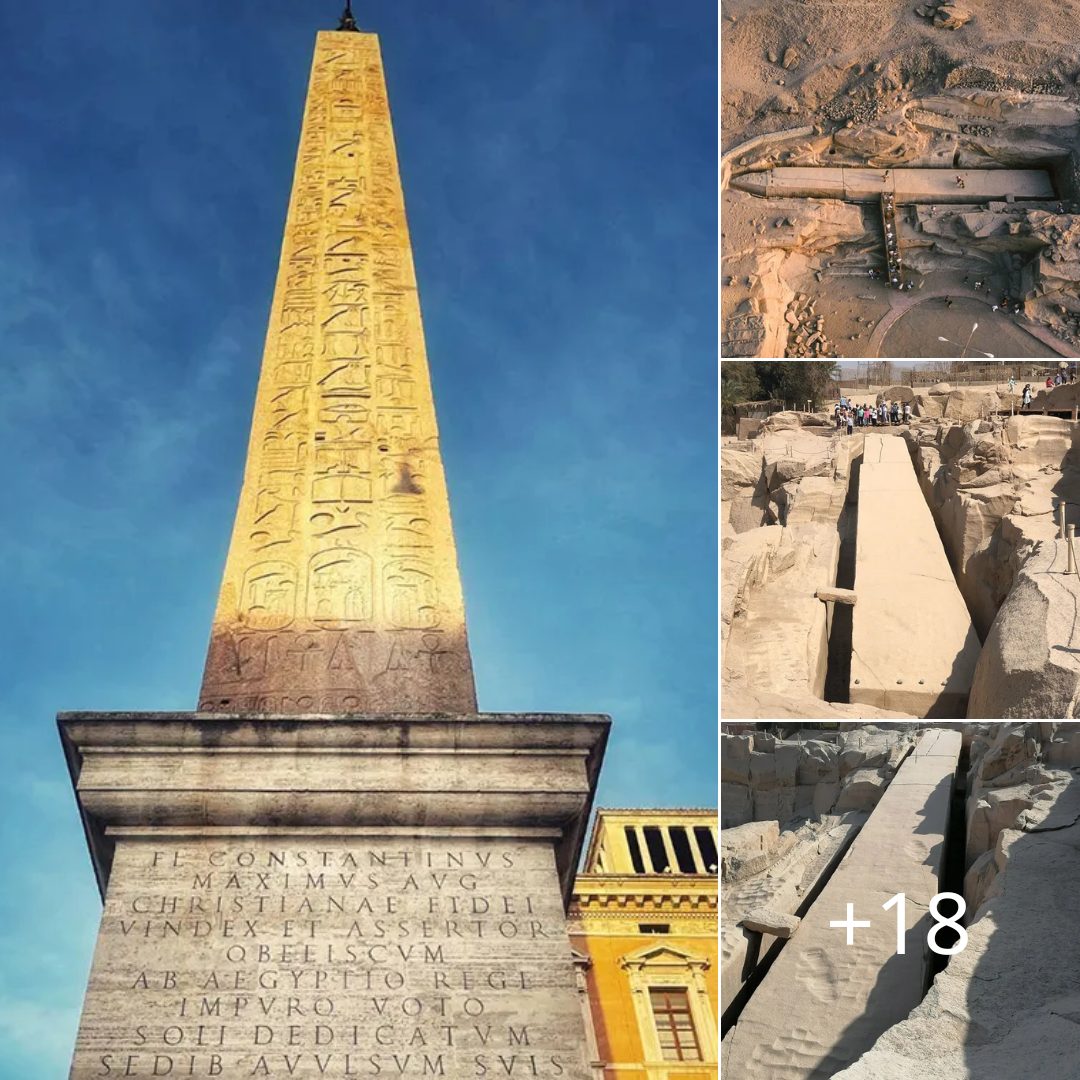Amateur freedivers have found one of Europe’s largest hoards of Roman gold coins while on holiday off the coast of Spain.
The cache is believed to have been hidden from barbarian invaders around 1,500 years ago, but was discovered by two brothers-in-law cleaning rubbish from the seabed in Alicante.

Despite lying at the bottom of the sea since the late 4th and early 5th centuries, the 53 intact gold coins are said to be in “a perfect state of preservation,” allowing researchers to read inscriptions and identify the Roman emperors.
“It is an exceptional archaeological and historical find as its research can offer a wealth of new information to understand the final phase of the fall of the Western Roman Empire.”
Brothers-in-law Luis Lens and César Gimeno came across the extraordinary discovery seven meters deep in the coastal town of Xàbia.
Lens told local media: “I thought I found what looked like a 10 cent coin.
“I was in a little hole, like a bottleneck.”

But after returning to his ship he looked closer and discovered “an ancient image, like a Greek or Roman face” and thought it was a lost gem.
The two brothers-in-law returned to the site and, using a corkscrew and a Swiss army knife, spent two hours unearthing the rest of the treasure.
Specialists from the University of Alicante have so far identified three coins of the Roman emperor Valentinian I, seven coins of Valentinian II, 15 of Theodosius I, another 17 of Arcadius and 10 of Honorius.
Molina stated: “There are no remains of sunken ships in the area where they were found, so it is probably a voluntary concealment of the arrival of the barbarians to the coasts of Hispania, in this case the Alans.”
And he added: ‘This discovery tells us about a context of fear, about a world that is ending, that of the Roman Empire.
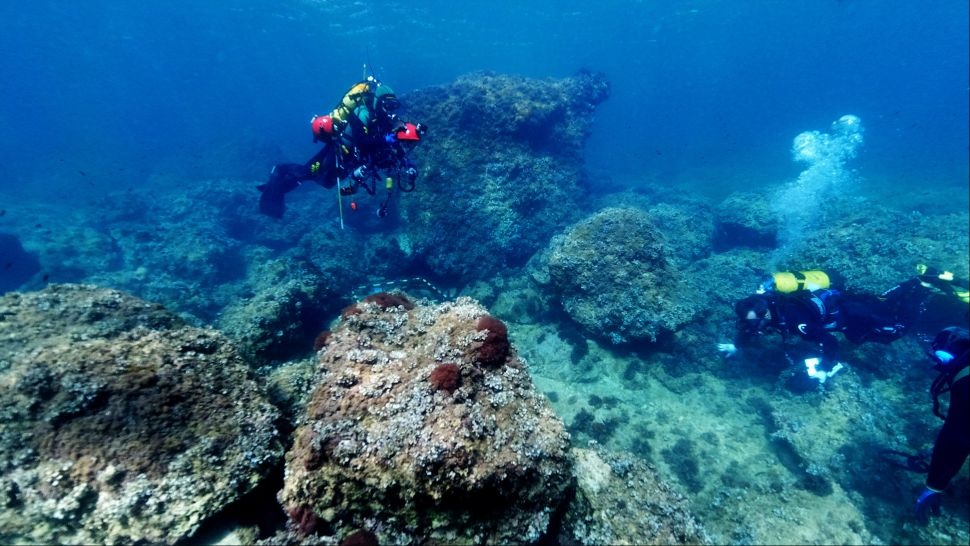
‘The discovery illustrates a historical moment of extreme insecurity with the violent arrival of barbarian peoples in Spain and the definitive end of the Roman Empire in the Iberian Peninsula starting in 409 AD’
The coins will now be cleaned and displayed at a local museum.
Portitxol Bay in Xàbia is an area well known for its abundance of underwater archaeological remains.
To date, anchors, shipments of amphorae, ceramic remains from different periods, metallic material and elements associated with ancient navigation have been previously recovered.
